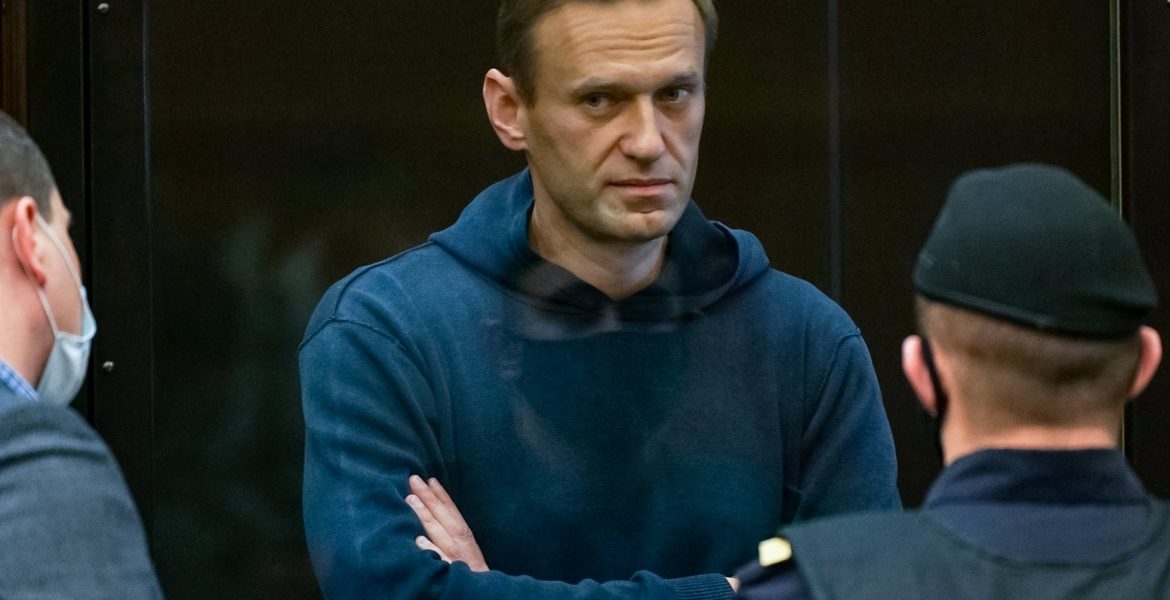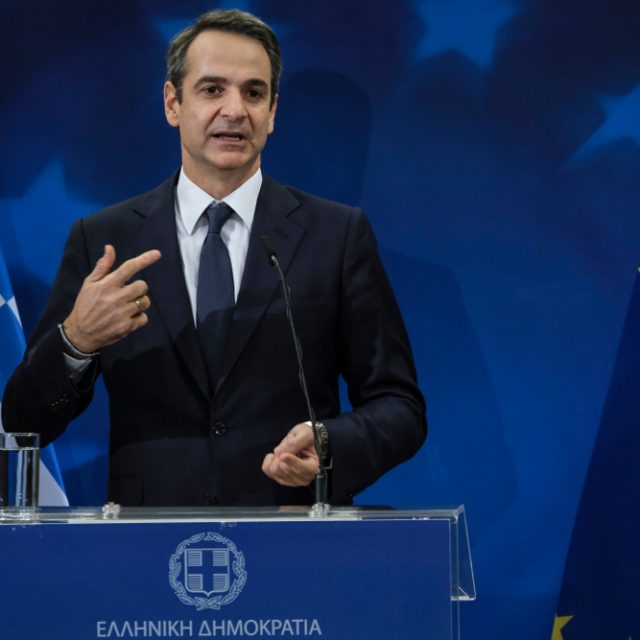On 2 February, a Moscow court sentenced the Russian opposition politician Alexei Navalny to two years and eight months’ imprisonment. The Russian authorities have pursued his sentencing for the alleged violation of his probation while Mr. Navalny was recovering in Germany from an assassination attempt by poisoning suffered in the Russian Federation by a military chemical agent.
The European Court of Human Rights had already determined, in its 2017 judgement, that Mr. Navalny’s conviction was arbitrary and manifestly unreasonable.
The European Union condemns the Russian authorities’ decision to sentence Mr. Navalny and considers it unacceptable as it is politically motivated and runs counter to Russia’s international human rights obligations.
The European Union has consistently called upon the Russian authorities to uphold their national and international obligations to respect and ensure human rights and equality before the law, including the right to a fair trial. The EU reiterates its call for the immediate and unconditional release of Mr. Navalny, as well as all those citizens and journalists who have been detained for exercising their rights to peaceful assembly and freedom of expression. These developments confirm a continuous negative pattern of shrinking space for the opposition, civil society and independent voices in the Russian Federation.
The European Union will revert to the issue at the upcoming Foreign Affairs Council and discuss its implications and possible further action.
Unafraid of the consequences, Navalny openly mocks Putin on social media, referring to him as “Vladimir the Underpants Poisoner”.




